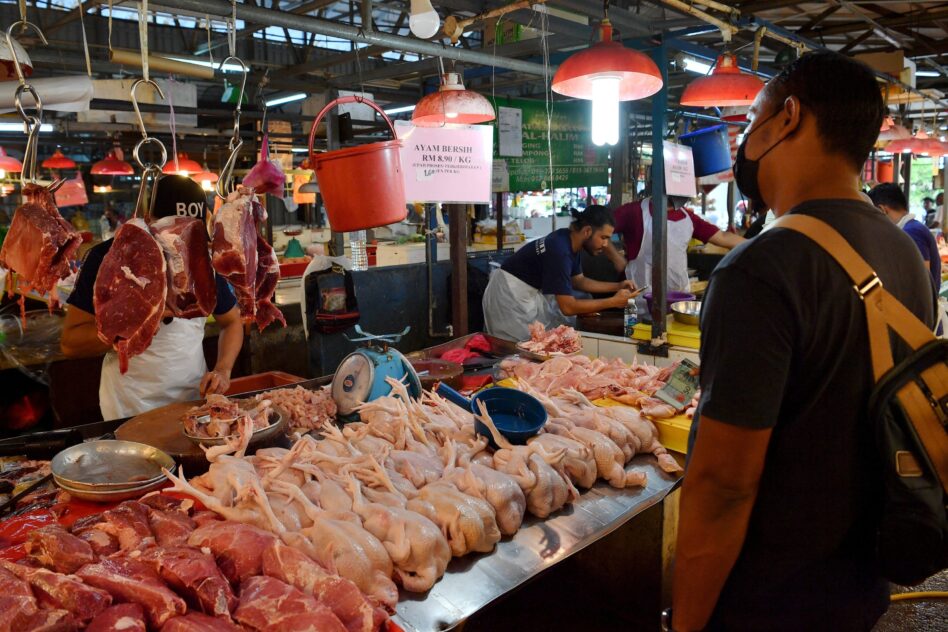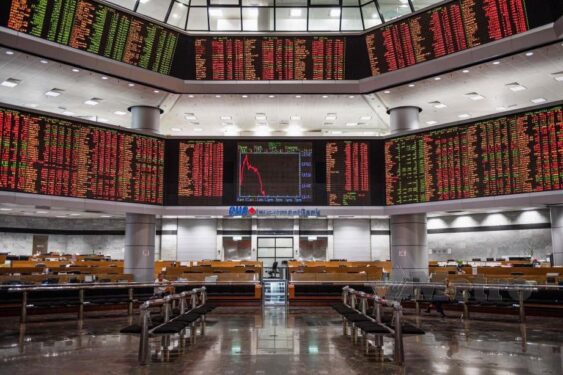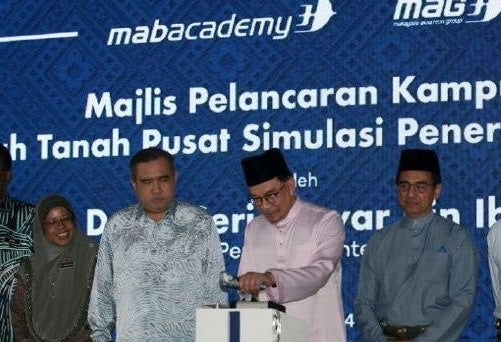GENEVA: Airline profits are on course to fall faster than expected in 2019 as trade wars hit global commerce and broader confidence, the industry’s main global body said on Wednesday, while predicting a modest recovery next year.
Cutting its full-year net profit forecast to US$25.9 bil (RM107.8 bil), a 5.1% decline from 2018, the International Air Transport Association (IATA) said an improvement in 2020 was contingent on a “truce” in global trade disputes. In June, it had forecast US$28 bil in profit this year.
“Trade wars produce no winners,” IATA director General Alexandre de Juniac told an annual media briefing.
De Juniac also cited slower growth, Brexit and social unrest among factors that “all came together to create a tougher than anticipated business environment for airlines” in 2019.
IATA slashed its full-year global revenue forecast to US$838 bil from the US$899 bil predicted in June and said it expected an improvement to US$872 bil for 2020.
“We’ve downgraded our forecasts for 2019 pretty much across the board,” chief economist Brian Pearce said. “This has been driven mostly by the impact of trade wars.”
Reflecting downward pressure on fares, net profit per passenger fell to US$5.70 this year from US$6.22, with the industry’s net profit margin expected to decline to 3.1% this year from 3.4% in 2018.
But the sharpest deterioration is being felt in airlines’ cargo businesses, where a 3.3% drop in freight demand marked the steepest decline since the 2009 financial crisis, with revenue down 8% year-on-year.
Growth in world trade has all but evaporated to an expected 0.9% this year, sharply down from the 2.5% forecast in June and the 4.1% expansion predicted a year ago, IATA said.
Underpinning the partial recovery predicted next year, IATA forecast more robust trade growth of 3.3% as “election-year pressures in the US contribute to reduced trade tensions”.
Capacity pressure
While a return to service of Boeing’s grounded 737 MAX would relieve airline customers, it could also lead to a glut in short-term capacity, putting further pressure on fares, analysts have warned.
Outstripping a 4.1% traffic increase next year, airline capacity is expected to rise 4.7% with the arrival of hundreds of MAX jets that the market may find “hard to swallow” even when offset by the retirement of older planes, Pearce said.
The MAX safety crisis is coming to an end, IATA’s safety chief said on Wednesday, while warning that disagreements among regulators could yet complicate the jet’s return.
With most of the industry’s global profit is currently generated by a handful of mainly US-based carriers, the past year has seen a slew of airline failures mainly in Europe.
“There’s clearly scope for more consolidation though, given that long tail of airlines that haven’t improved,” Pearce predicted, despite regulatory barriers to cross-border mergers.
Airlines also stepped up their criticism of new European environmental taxes they see as an excessive burden in addition to the CORSIA emissions reduction and offsetting scheme developed by the industry to take effect in 2021.
A number of European states are imposing new taxes pending an EU-wide deal, with environmental and “flight-shaming” activists inspired by teen activist Greta Thunberg also demanding an end to airlines’ fuel-tax exemption.
“We need to make sure that CORSIA is successful and not compromised by a patchwork of competing taxes and charges,” De Juniac said. – By Laurence Frost, Reuters










